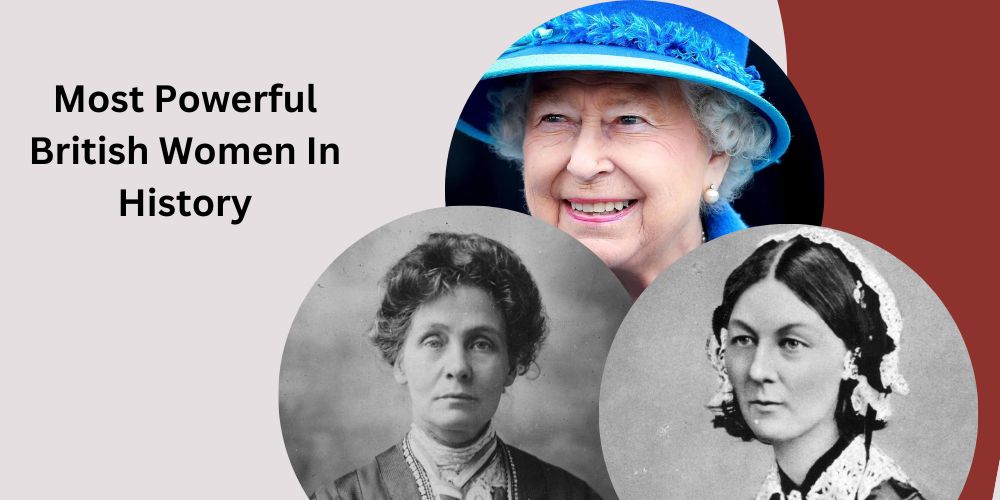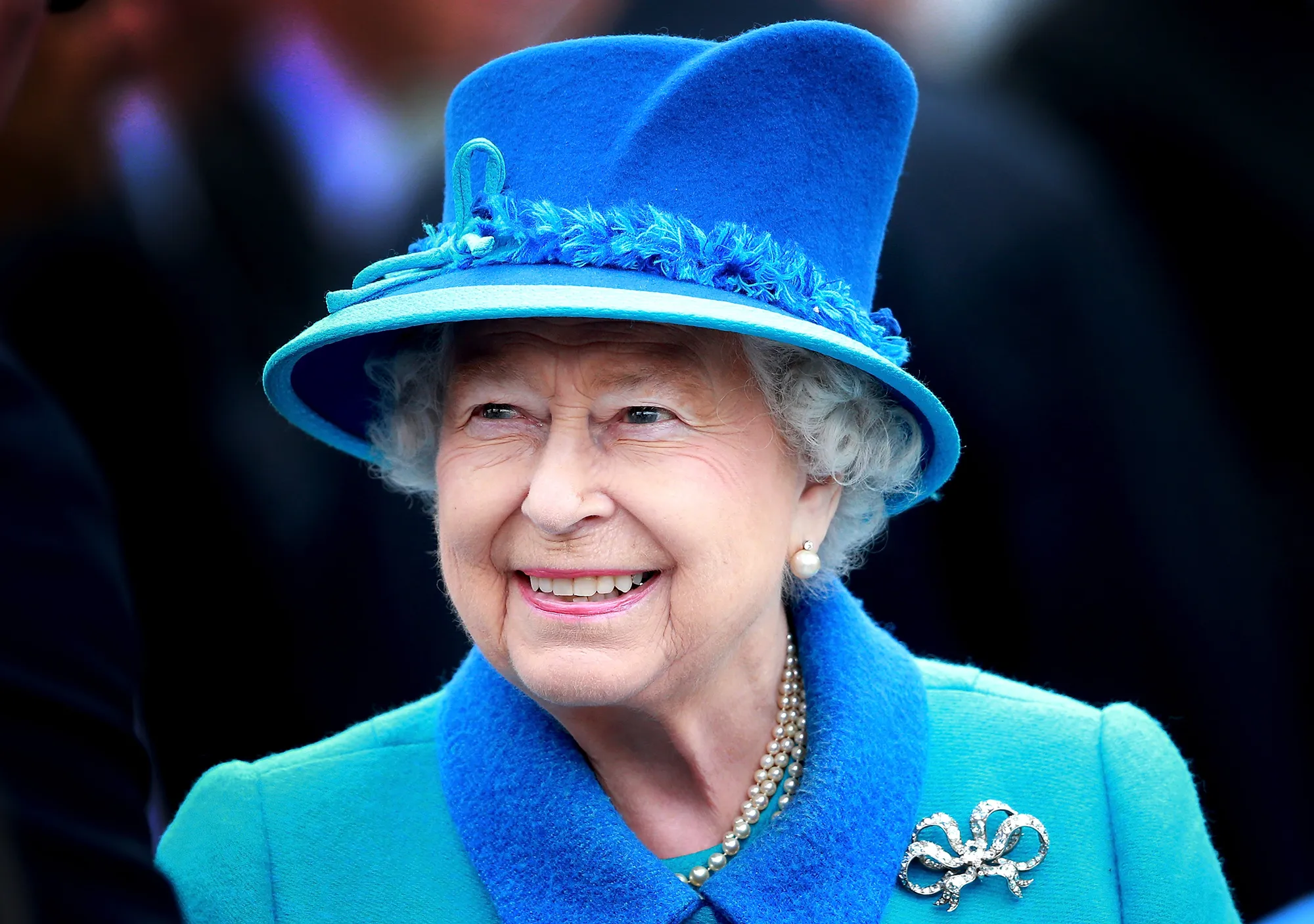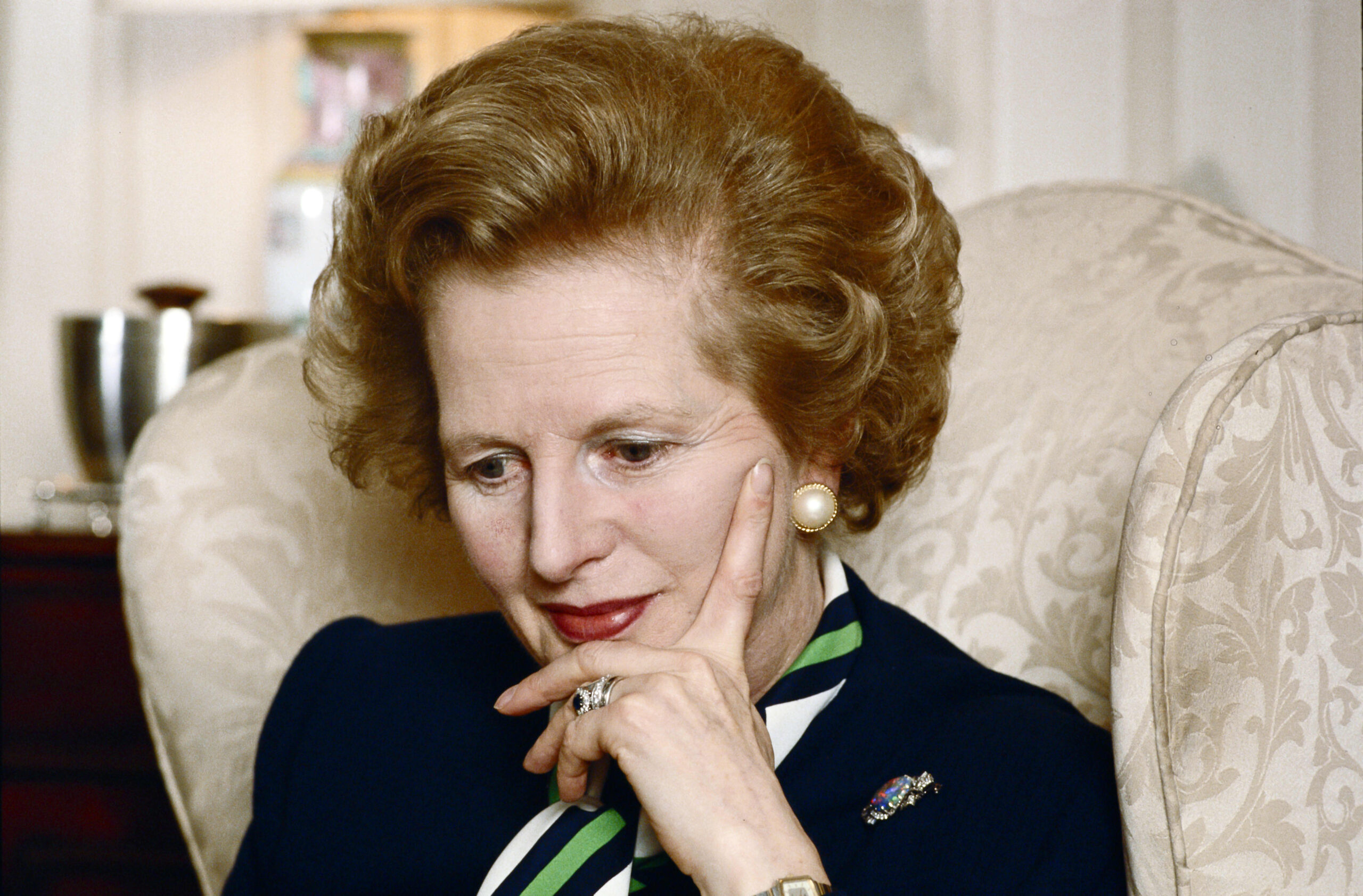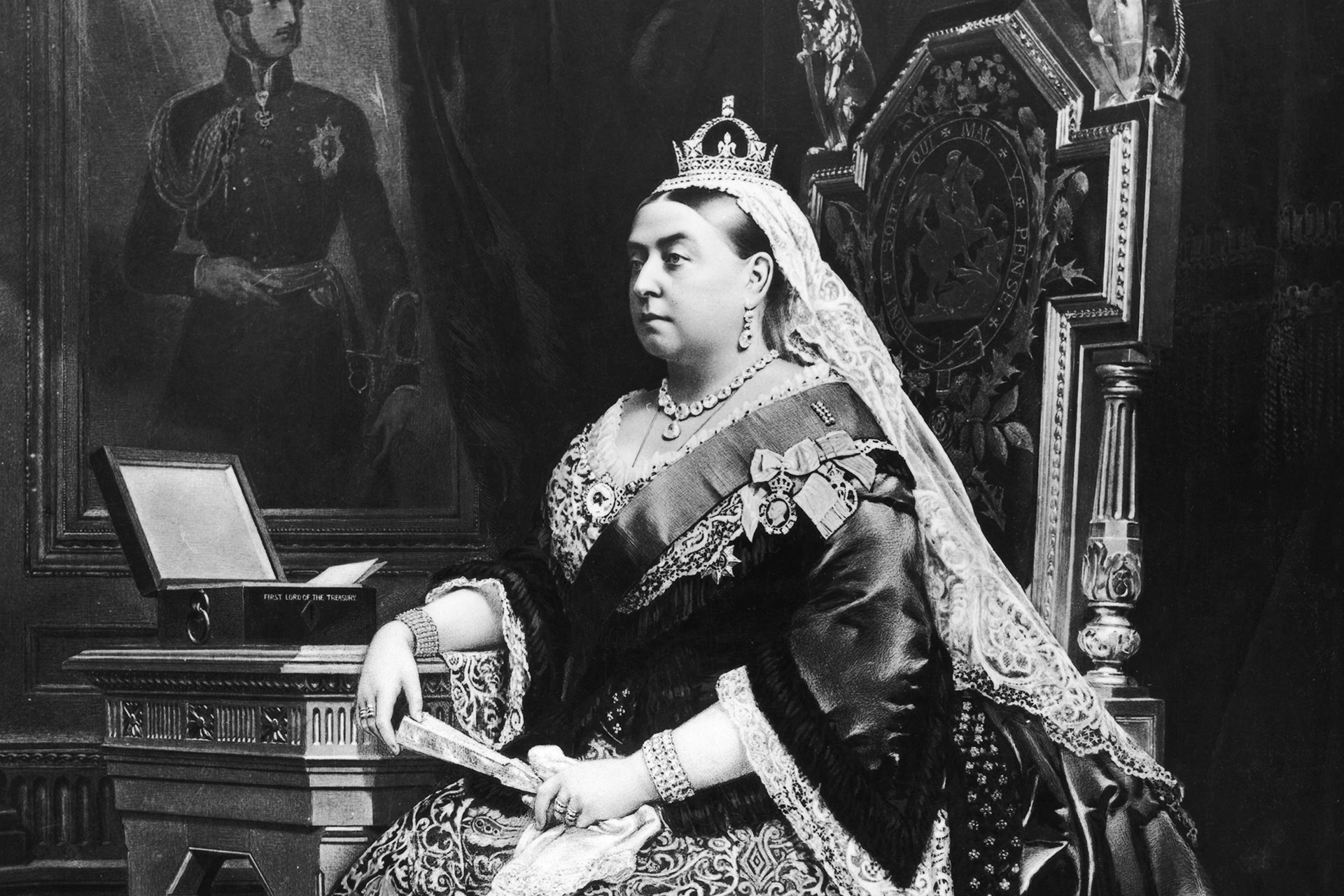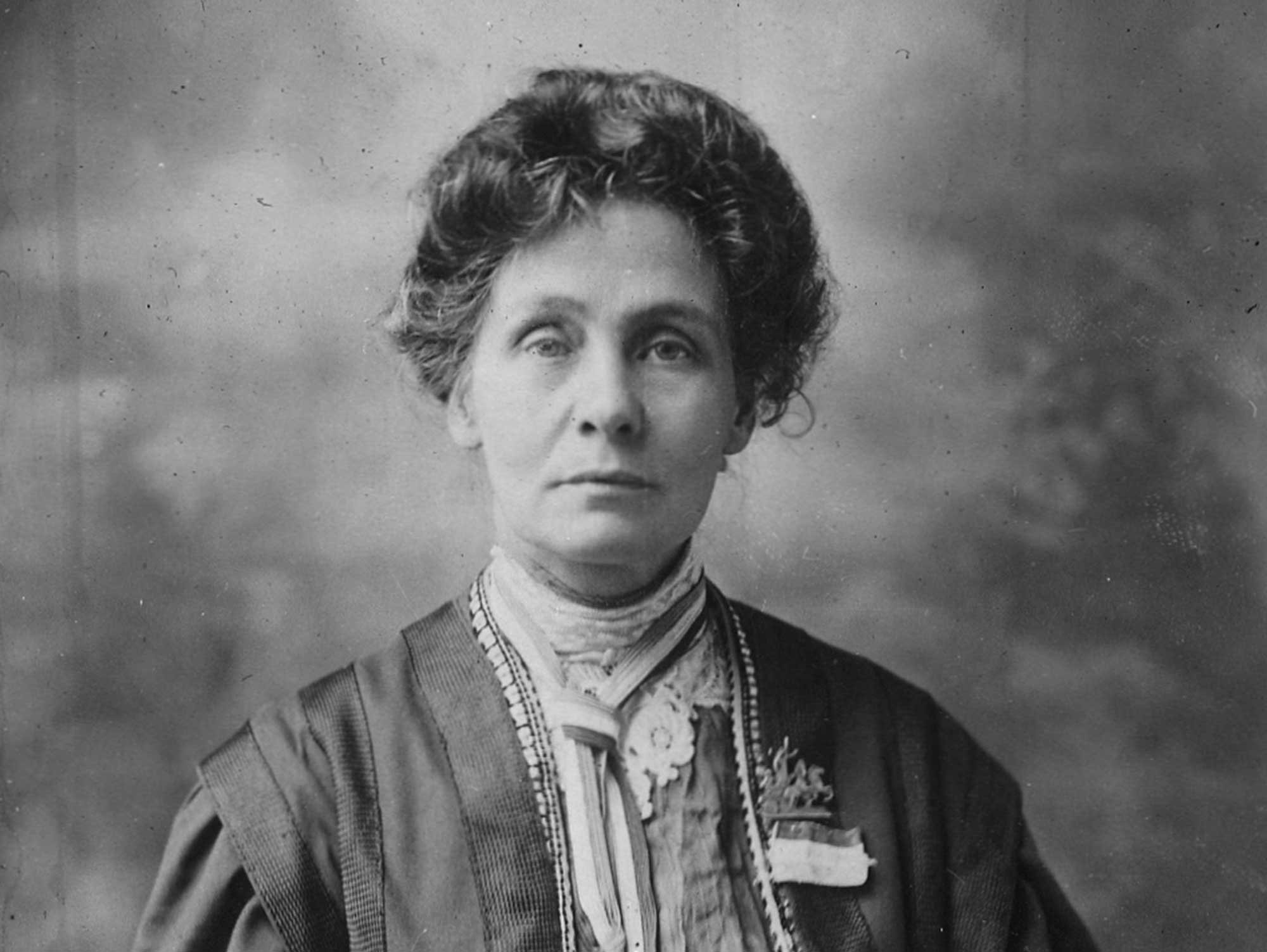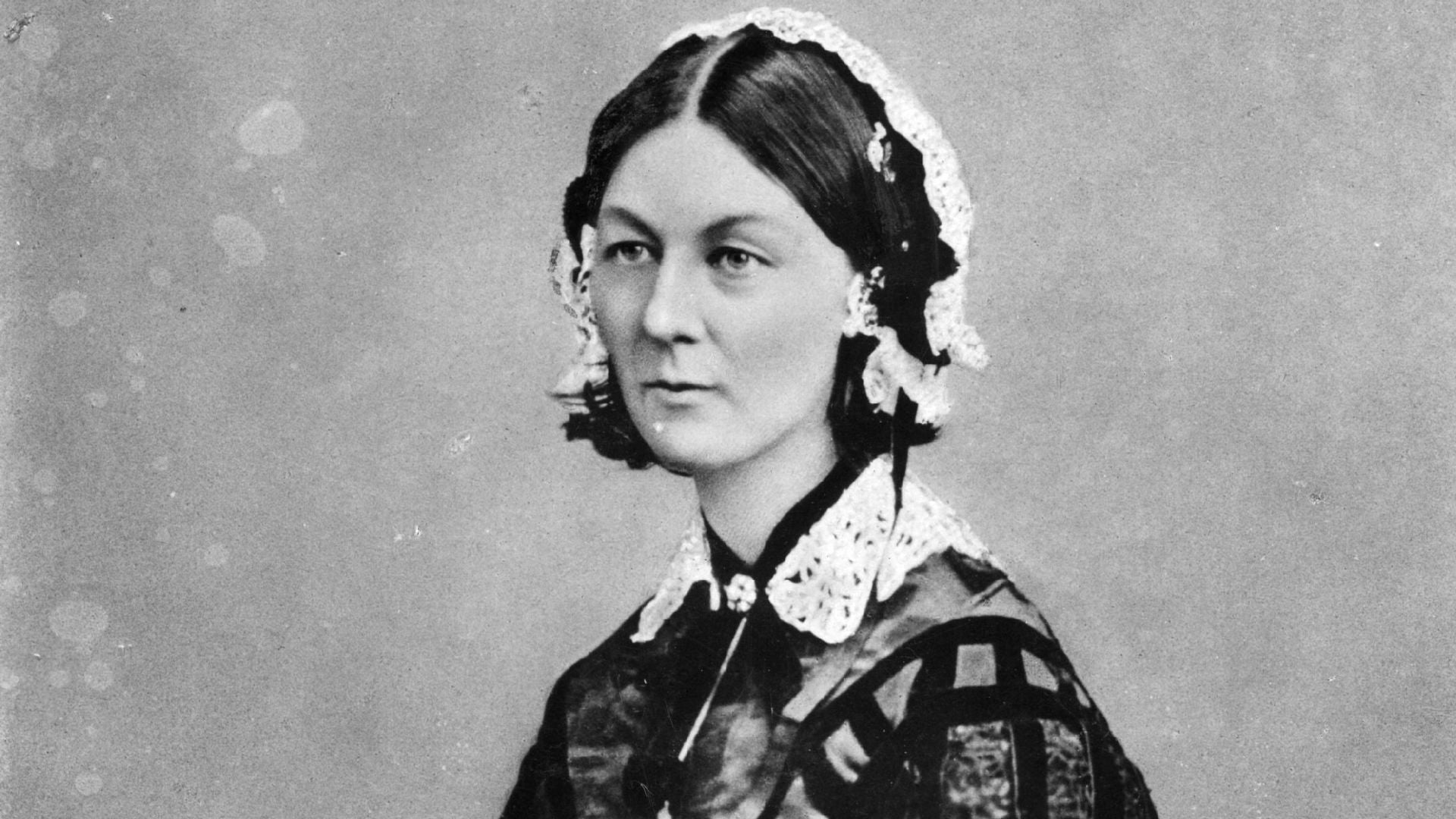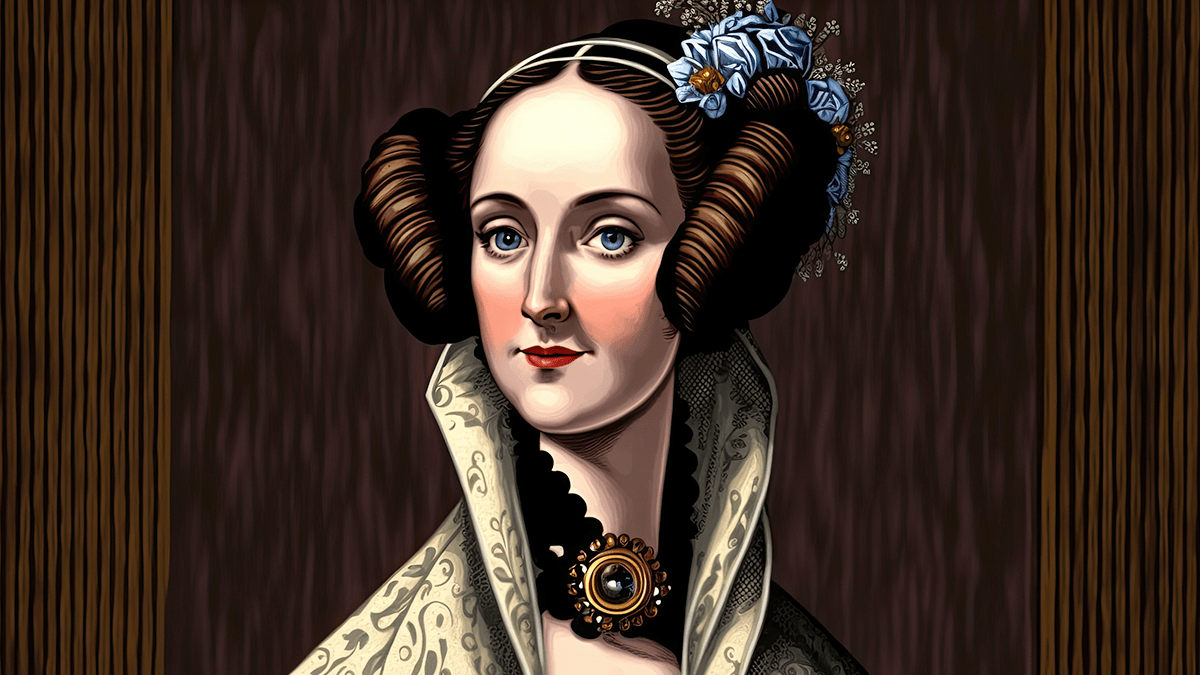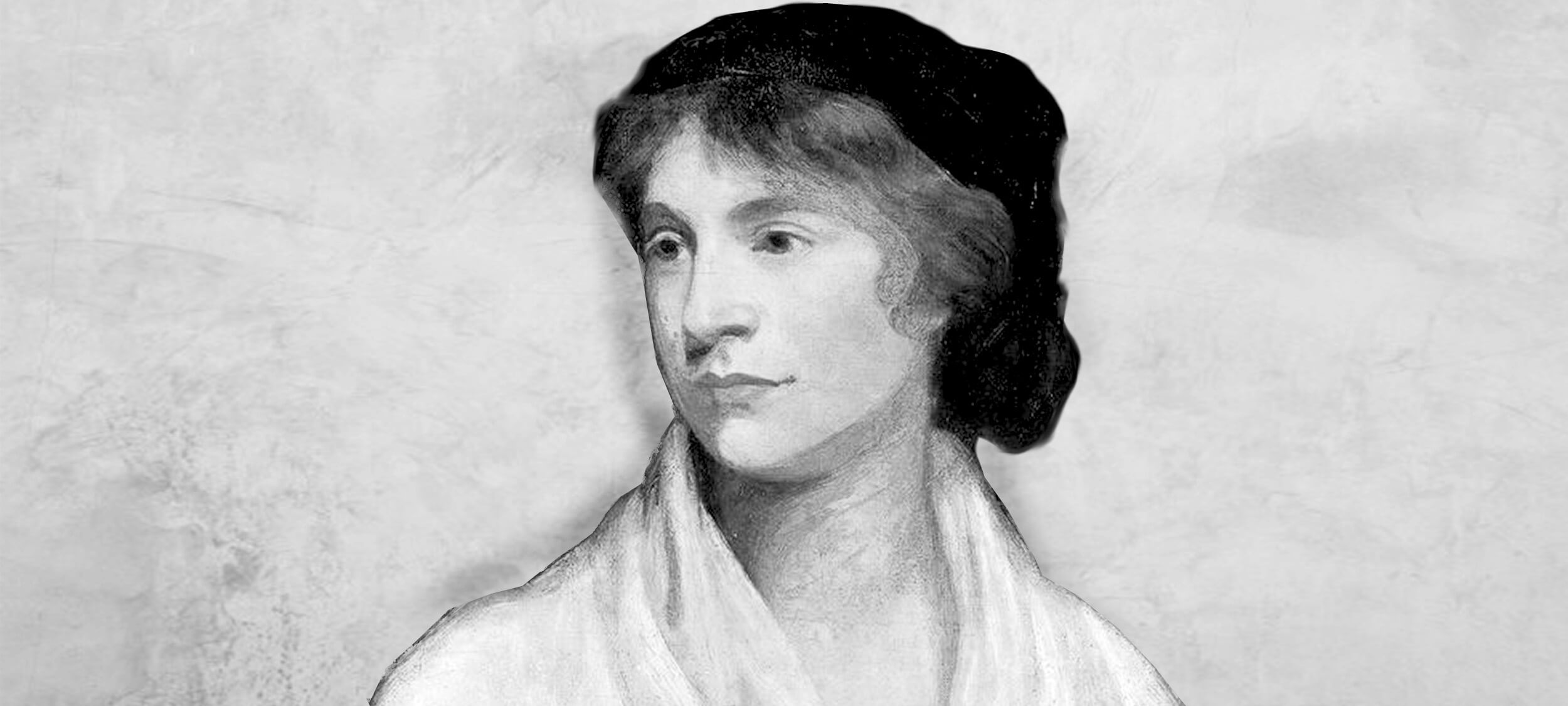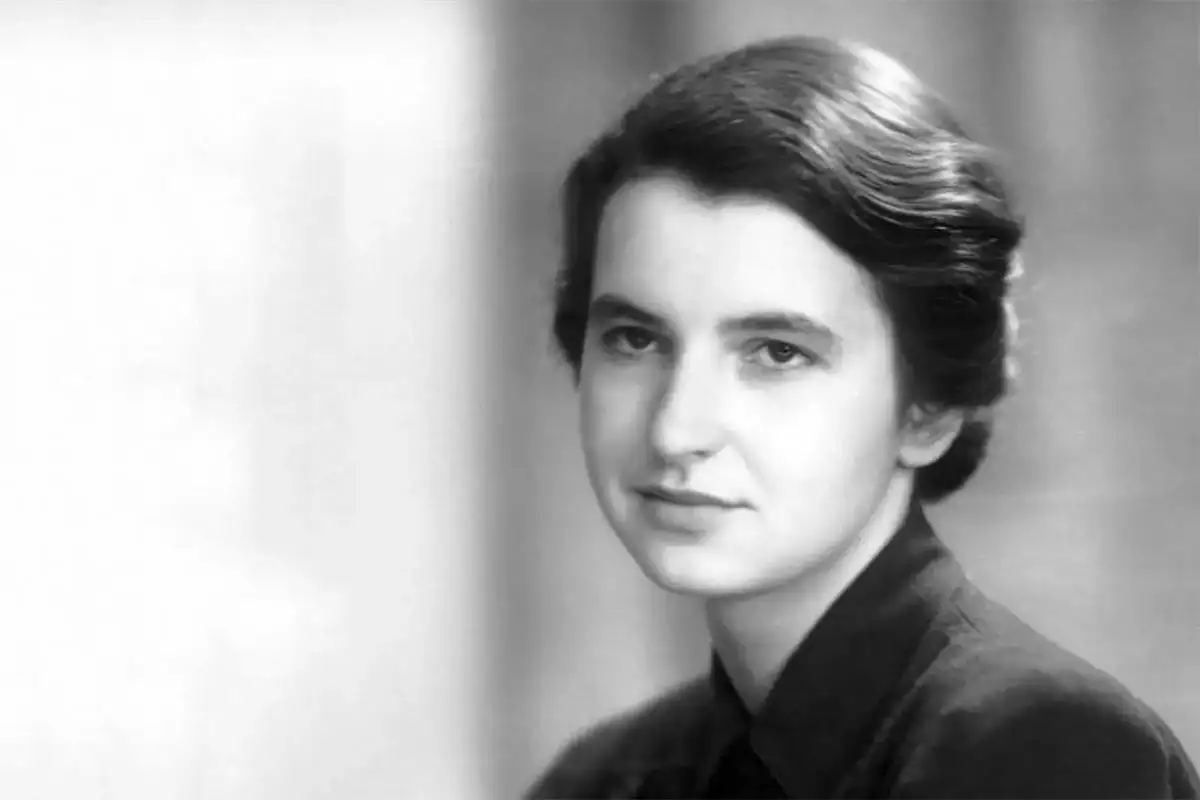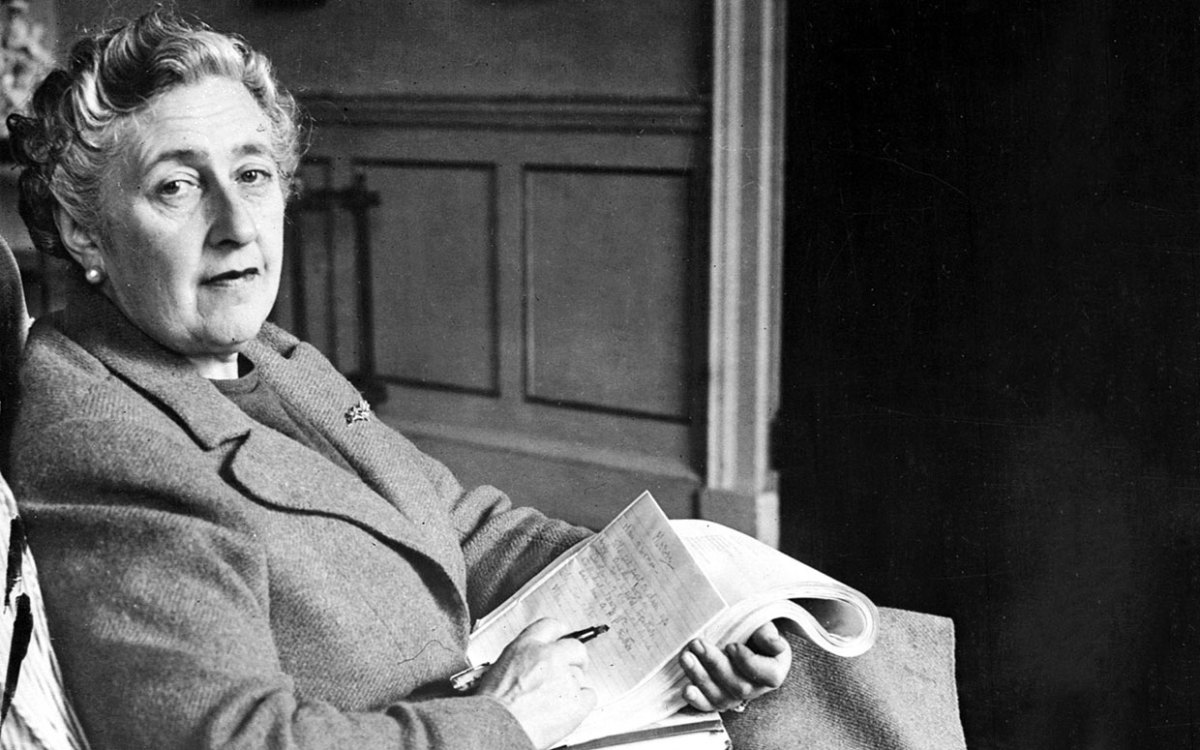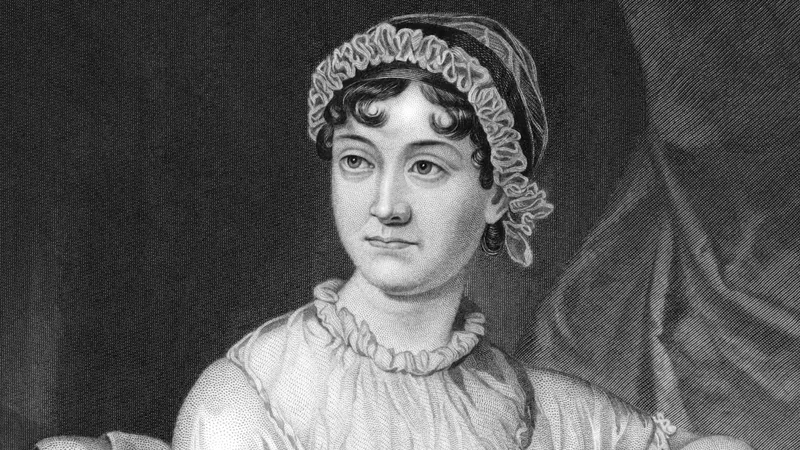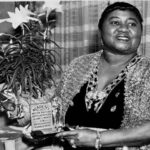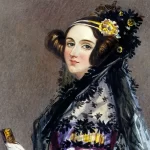Throughout history, the United Kingdom has been home to a remarkable array of women who have left an indelible mark on the world, shaping the course of politics, literature, science, and society. These women, distinguished by their exceptional talents, resilience, and groundbreaking achievements, have defied societal norms and carved out paths that continue to inspire generations. From monarchs and political leaders to scientists, writers, and activists, here are the 10 most powerful British women in history.
These women played pivotal roles in shaping the destiny of their nation and, in many cases, the world at large. In this article, we shall briefly consider the lives and legacies of these extraordinary women, examining the challenges they faced, the barriers they broke, and the enduring impact they have had on history.
1. Queen Elizabeth II
Queen Elizabeth II was the Queen of the United Kingdom from February 1952 until she died in 2022. She is the longest-reigning Monarch in British history and is no doubt one of the most powerful British women in history.
During her lifetime, Queen Elizabeth II served as the queen of 32 sovereign states throughout her lifetime. She played a crucial role in modernizing the monarchy while maintaining its historical significance.
Queen Elizabeth reigned through major political changes such as the devolution of the United Kingdom and the decolonization of Africa. She died aged 96 in 2022 and was succeeded by her eldest son, King Charles III.
2. Margaret Thatcher
Margaret Thatcher was the first female prime minister in the United Kingdom’s History. She served as Prime Minister from 1979 to 1990, making her the longest-serving British prime minister of the 20th century.
Thatcher was also the Leader of the Conservative Party from 1975 to 1990, the first woman to lead a major political party in the UK. Thanks to her uncompromising politics and leadership style she was nicknamed Iron Lady by the Soviet Union.
Thatcher was also known for her economic policies that became known as Thatcherism. She retired from the House of Commons in 1992 and was given a life peerage that entitled her to sit in the House of Lords. In 2013, she died of a stroke at the age of 87.
3. Queen Victoria
Queen Victoria was a British monarch, who reigned as the Queen of the United Kingdom of Great Britain and Ireland from June 1837 until she died in 1901. She is also one of the longest-reigning monarchs.
Queen Victoria presided over profound social, economic, and industrial change. Her reign, known as the Victorian era, witnessed the expansion of the British Empire and advancements in science and technology.
Her longevity on the throne and her influence on the cultural and political landscape make her one of the most powerful British women in history. She died in 1901 at the age of 81 and was succeeded by her son Edward VII.
4. Emmeline Pankhurst
Emmeline Pankhurst was a British suffragette and women’s rights activist, who played a crucial role in the fight for women’s suffrage in the early 20th century. She is considered one of the most powerful British women in history.
As the founder of the Women’s Social and Political Union (WSPU), Pankhurst’s dedication and activism ultimately contributed to achieving voting rights for women in the United Kingdom.
Pankhurst transformed the WSPU into the Women’s Party, dedicated to promoting gender equality in government. She died on 14 June 1928, weeks before parliament passed the 1928 Act that extended the vote to all women over 21 years of age.
5. Florence Nightingale
Florence Nightingale was a social reformer, statistician, and the founder of modern nursing. Her pioneering work during the Crimean War transformed nursing into a respected and honorable profession.
In 1860, Nightingale laid the foundation of professional nursing by establishing her nursing school at St Thomas’ Hospital in London. It was the first secular nursing school in the world and is now part of King’s College London.
Florence Nightingale’s dedication to healthcare reform and her emphasis on sanitation and hygiene have had a lasting impact on public health practices worldwide. She also helped to abolish prostitution laws and improve female participation in the workforce.
6. Ada Lovelace
Ada Lovelace is an English Mathematician and writer, often regarded as the world’s first computer programmer. She is popularly known for her work on Charles Babbage’s Analytical Engine.
Lovelace was the first to recognize that the proposed mechanical general-purpose computer had applications beyond pure calculation. She described her approach as “poetical science” and considered herself an “Analyst.
Lovelace pioneering work laid the foundation for modern computer programming, and her contributions continue to be celebrated in science and technology. She died at the age of 36 on 27 November 1852, from uterine cancer
7. Mary Wollstonecraft
Mary Wollstonecraft is an early advocate for women’s rights, philosopher, and one of the most powerful British women in history best known for her seminal work, “A Vindication of the Rights of Woman” (1792).
Wollstonecraft is often regarded as one of the founding feminist philosophers. Her writings challenged prevailing notions of women’s inferiority and laid the groundwork for the feminist movement that would follow in the centuries to come.
During her brief career, she wrote novels, treatises, a travel narrative, a history of the French Revolution, a conduct book, and a children’s book. Feminists often cite both her life and her works as important influences.
8. Rosalind Franklin
Rosalind Franklin is a chemist whose work was instrumental to the understanding of the molecular structures of DNA, RNA, viruses, coal, and graphite. She is best known for her work on the X-ray diffraction images of DNA while at King’s College London.
Although her works on coal and viruses were appreciated in her lifetime, Franklin’s contributions to the discovery of the structure of DNA were largely unrecognized during her life.
Frankling groundbreaking research paved the way for advancements in molecular biology, and her legacy as a pioneering scientist continues to be recognized. She died of ovarian cancer at the age of 37 in 1958.
9. Agatha Christie
Agatha Christie is one of the most prolific and successful authors in history. She is popularly known for detective novels and short story collections and is considered the best-selling fiction writer of all time, having sold more than two billion copies.
According to UNESCO’s Index Translationum, Agatha Christie is the most-translated individual author, and Her novel “And Then There Were None” is one of the top-selling books of all time, with approximately 100 million copies sold.
Agatha Christie is considered the best crime writer in history by numerous entities and is a recipient of numerous honors including the DBE by Queen Elizabeth II for her contributions to literature.
10. Jane Austen
Jane Austen is an English Novelist and one of the modern-era feminists, popularly known for her six novels, most notably Pride and Prejudice. She is also one of the few English people who helped to shape the literary sphere as we know it
Austen books which often explore feminism, Jane Austen, and economic security have a great impact on British culture and are one of the factors that have the British society into what it is today.
Her work has inspired a large number of critical essays and has been included in many literary anthologies. Her novels have also inspired many films, including 1940’s Pride and Prejudice, 1995’s Sense and Sensibility, and 2016’s Love & Friendship.
